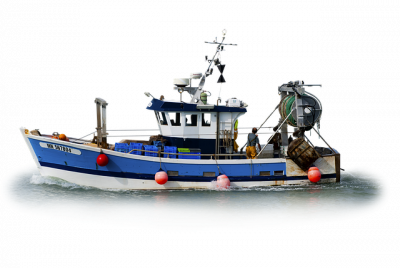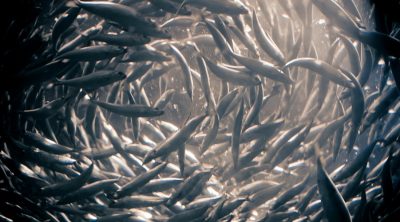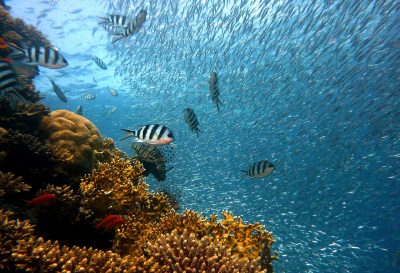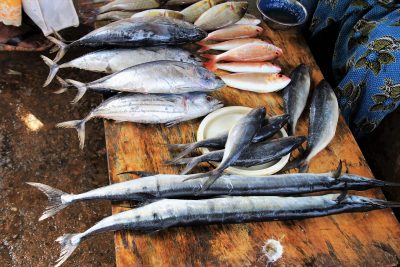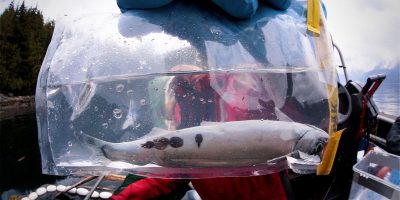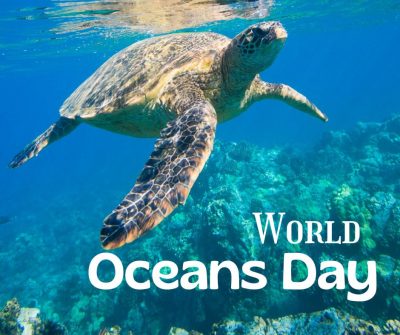New FCRR: Understanding the fishers to change the fishery in the bottom trawl industry in India
The report unravels the drivers and motivations that entice fishers and the fishery to start, engage in, and stop bottom trawling in India. Understanding the nuances within communities rather than viewing them as one entity is paramount for designing equitable policies. Moreover, the study highlights a pressing reality: fishers do not always want to fish and are sometimes forced to remain in the bottom trawl industry. Recognizing and addressing these insights are paramount in effectively constraining bottom trawling.
Market-based solution makes the case for blue carbon
Over 120 million tonnes of carbon dioxide equivalent could be sequestered every year by 2050 by applying a market-based solution (MBS) to global fisheries that would allow fishers to decide whether – at certain times – it is more profitable to go fish or to remain at port.
Dr. Andrea Reid appointed Tier 2 Canada Research Chair with additional awards for research on Indigenous fisheries conversation
Dr. Andrea Reid of the Nisg̱a’a Nation is one of UBC’s newest Tier 2 Canada Research Chairs (CRC). She also receives a grant through the Canadian Foundation for Innovation (CFI) John R. Evans Leaders Fund (JELF).
Dr. Brian Hunt receives NSERC Discovery Grant to research the impacts of urbanization on the coastal ocean
Dr. Brian Hunt will receive an NSERC Discovery Grant for work on the impacts of urbanization on coastal oceans, specifically regarding ocean cities.
IOF meets with U.S. Consulate General Vancouver
On August 25, 2023, members of the IOF community met with a delegation from the U.S. Consulate General Vancouver.
Specific combinations of ocean protection, beneficial for ecology and socio-economic futures
MPAs must be carefully designed using ecosystem approaches that incorporate fully and partially protected areas without interfering with the right to fish for those whose livelihoods are dependent on access to marine areas and fish stock.
European fisheries under threat, climate change may impact on future catch
Without rapid adaptation or aggressive mitigation tactics, climate change is projected to induce profound negative consequences on future fisheries production in Europe.
Are viruses keeping sea lice at bay in wild salmon?
More than 30 previously unknown RNA viruses in sea lice have been identified by UBC researchers. Sea lice are parasitic copepods (small crustaceans) found in many fresh and saltwater habitats and have been implicated in the decline of wild salmon populations.
World Oceans Day: ‘In one word, what does the ocean mean to you?’
Discover what the ocean means to us here at the Institute for the Oceans and Fisheries!
New FCRR: Global Fisheries: Livelihood Impacts of Overfishing. Technical Report: November 30, 2022
This technical report supports what researchers have been saying for many years – we urgently need to rebuild overfished fish stocks in order to recoup the current economic and social benefits that are inescapable with current catch loss.
